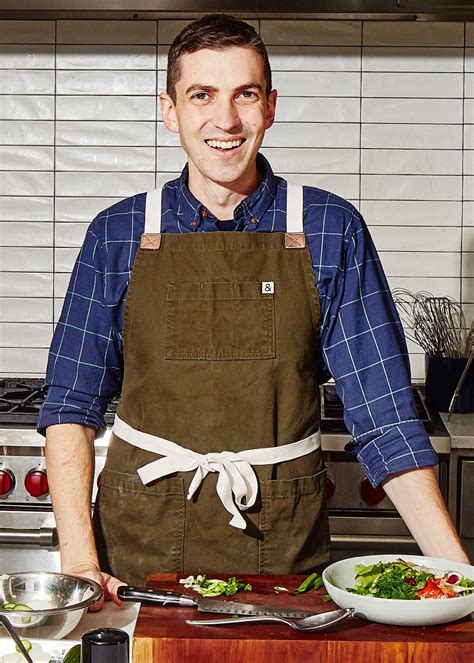A Quote by Michael Moss
The growing attention Americans are paying to what they put into their mouths has touched off a new scramble by the processed-food companies to address health concerns.
Related Quotes
I have never believed we had to choose between either a clean and safe environment or a growing economy. Protecting the health and safety of all Americans doesn't have to come at the expense of our economy's bottom line. And creating thriving companies and new jobs doesn't have to come at the expense of the air we breathe, the water we drink, the food we eat, or the natural landscape in which we live. We can, and indeed must, have both.
I am here for my mother and all the Americans who are forced to spend time arguing with health insurance companies instead of focusing on getting well. I am here for the millions of lives that will be touched and in some cases, saved, by health insurance reform. I am here for the small businesses who are forced to choose between health care and hiring. I am here for the seniors who are unable to afford the prescriptions they need.
The other way that you democratize the food movement is through the public school system. If you can pay enough for the school lunch system so that it can actually be cooked and not just microwaved, so that these schools can buy local food, fresh food, because right now it's all frozen and processed, you will improve the health of the students, you will improve the health of the local economy, and you will have better performing students.
I strongly oppose cloning, as do most Americans. We recoil at the idea of growing human beings for spare body parts or creating life for our convenience. And while we must devote enormous energy to conquering disease, it is equally important that we pay attention to the moral concerns raised by the new frontier of human embryo stem cell research. Even the most noble ends do not justify any means.































